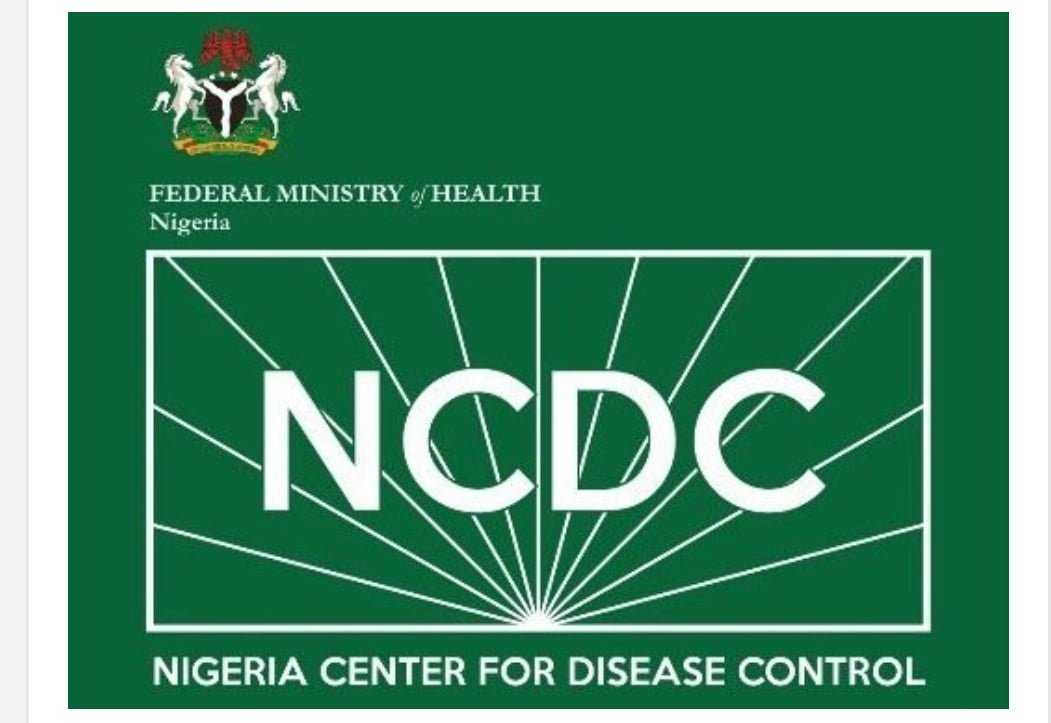[ad_1]
The Nigeria Centre for Disease Control and Prevention (NCDC) said it has responded to reports of diphtheria cases in Lagos and Kano states.
The director-general of the NCDC, Dr Ifedayo Adetifa, who made the disclosure in a public health advisory issued late Thursday night, said the organisation was also monitoring the situation in Osun and Yobe states where cases are now being picked up.
Data from the Kano State Ministry of Health revealed that the diphtheria outbreak has so far killed 25 people, with 58 suspected cases and six persons on admission.
According to the NCDC, Diphtheria is a serious bacterial infection caused by the bacterium called Corynebacterium species that affects the nose, throat and sometimes, skin of an individual.
The symptoms of diphtheria include fever, runny nose, sore throat, cough, red eyes (conjunctivitis) and neck swelling.
In severe cases, a thick grey or white patch appears on the tonsils or back of the throat associated with difficulty in breathing.
Adetifa said that in addition to clinically suspected cases, there have been laboratory-confirmed cases, and the NCDC is working with state ministries of health and partners to enhance surveillance and response to the outbreak.
He said people most at risk of contracting diphtheria are children and adults who have not received any or a single dose of the pentavalent vaccine (a diphtheria toxoid-containing vaccine); people who live in a crowded environment, people who live in areas with poor sanitation as well as healthcare workers and others who are exposed to suspected/confirmed cases of diphtheria.
The NCDC says diphtheria spreads easily between people through direct contact with infected people, droplets from coughing or sneezing, and contact with contaminated clothing and objects.
It advised parents to ensure that their children are fully vaccinated against diphtheria with three doses of the pentavalent vaccine as recommended in the childhood immunisation schedule.
[ad_2]
Source link



